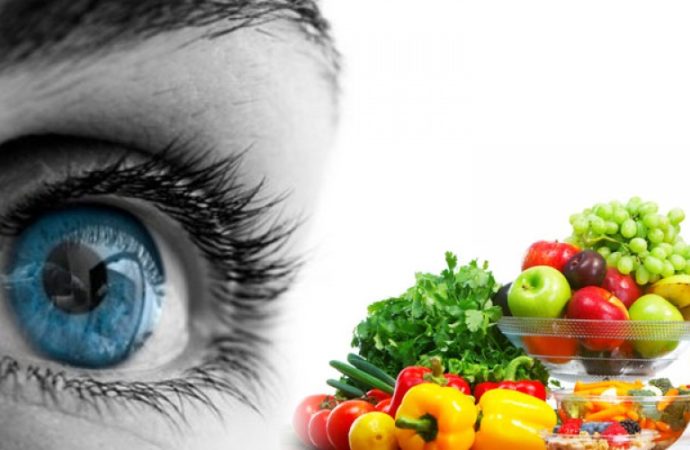By Berkeley Wellness – hundreds of studies have linked eye outcomesbut and facets of diet, and there’s been interest in the use of nutrition in eye health studies can suggest institutions, not establish. Most rely. The most important thing of all studies is that people should eat the same type. For a number of reasons,
By Berkeley Wellness – hundreds of studies have linked eye outcomesbut and facets of diet, and there’s been interest in the use of nutrition in eye health studies can suggest institutions, not establish. Most rely. The most important thing of all studies is that people should eat the same type. For a number of reasons, nutritional supplements are used by most studies. To date there’s absolutely no proof any health nutritional supplement will protect vision, with the exclusion of the AREDS formula with macular degeneration that is intermediate. Vitamins and vision – Still, it’s clear that malnutrition may harm vision.
A lack of vitamin A causes alongside other issues. If you aren’t getting enough vitamin A, since they are full of beta carotene, which the body turns into vitamin 33, therefore, carrots are good for the eyes Plant chemicals and nutrients might help protect vision by decreasing inflammation and acting as anti-oxidants. These include two carotenoids, lutein and zeaxanthin, which are pigments. Zeaxanthin and lutein are found in the retina of the eye, in which they act as a filter together with other elements of sunlightsort of sunglasses that were incorporated. Most observational research has found that individuals with high dietary intake or high blood levels of those carotenoids have any reduced risk of AMD and cataracts.
More research is required, however. Similarly, some research has found that individuals who consume plant foods rich in additional anti-oxidants, like vitamins E and C and selenium, are at reduced risk for cataracts and AMD. For example, a 2011 British study in their American Journal of Clinical Nutrition found which older drinkers are 30 to 40 percent less likely to develop cataracts, compared to high meat eaters. Zinc is found in their retina, and it might protect eye tissue from the harmful effects of light and inflammation. Unless of course you’ve AMD, get zinc from food, supplemental zinc has not been found to be helpful to healthful eyes, and high doses may have adverse effects.
Meat, seafood, and liver are the richest sources. Brewer’s yeast, milk along with additional dairy products, beans, wheat germ, and whole grains also supply some zinc. Concentrate on the model – Some research, including information from their well known Women’s Health Initiative, suggests which a center healthy diet may protect against eye disorders. Colorful vegetables and fruits might benefit your eyes.






















Leave a Comment
Your email address will not be published. Required fields are marked with *